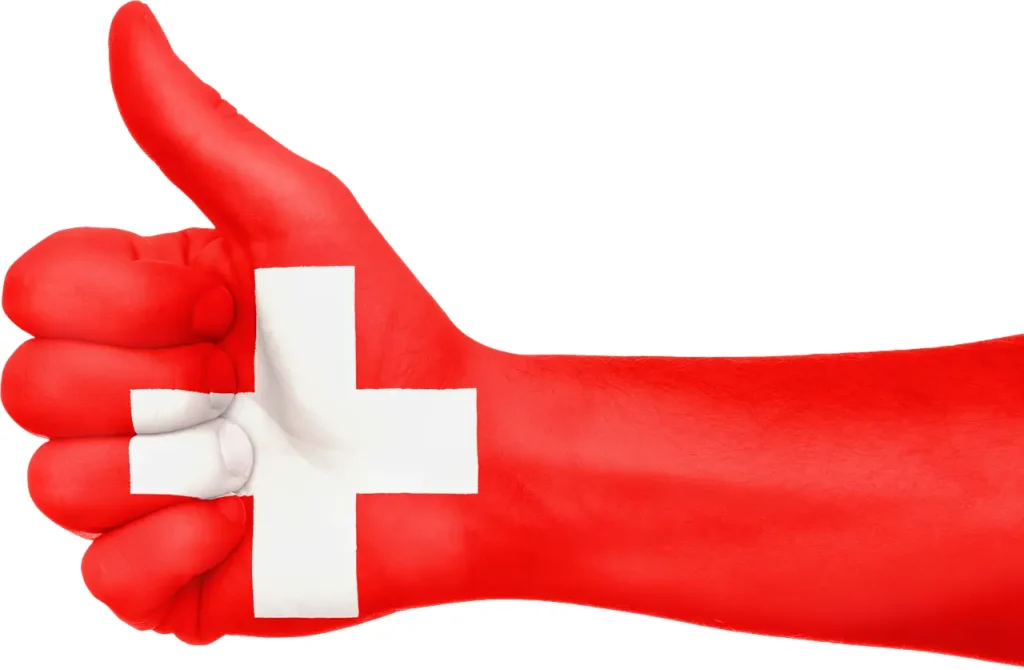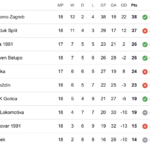Switzerland will open its labor market for workers from Croatia at the beginning of 2022, and they will be equal to other citizens of EU member states, the official website of the Swiss presidency announced on Friday.
24 Sata reported that Switzerland informed the European Union at the 24th meeting of the Switzerland-European Union Joint Committee on the Agreement on Free Movement of People, which was held on Friday by video conference due to the Covid-19 pandemic.
Switzerland has so far applied labor market protection measures for citizens of the Republic of Croatia under this Agreement (Protocol III AELE).
“At its session on October 1, the Swiss Federal Council decided to grant the status of free movement of people to the citizens of the Republic of Croatia starting from January 1, 2022,” the website reads.
Should Croatian immigrant workers cross a certain threshold, Switzerland could reach for a safeguard provision and re-limit permits for workers to come from Croatia from 1 January 2023 or at the end of 2026 at the latest, the statement said.
As of December 31, 2020, 28,324 Croatian workers were staying in Switzerland, which is 6 more than in the previous year. That number is 1.9 percent of European Union or AELE citizens living in Switzerland.
Schengen Visa Info reports that Croatians were previously permitted to work in Switzerland under specific quotas for Croats wishing to live and work in Switzerland.
“Swiss-based companies interested in hiring a Croat also had to apply for a work permit and show that prior search efforts in Switzerland to fill the post have been unsuccessful. Such rules had been in place since the beginning of January 2017.
When Croatia became an EU member in 2013, the accession agreement gave the Member States the possibility of putting into use a transitional period of seven years before permitting workers from Croatia to work in their territory under the same rights as the rest of the EU countries. A similar transitional period had been applied to Romania and Bulgaria when they joined the EU.
At first, 13 countries had imposed the transitional period restrictions on Croatians, which are Austria, Belgium, Cyprus, France, Greece, Italy, Luxemburg, Malta, the Netherlands, Germany, Slovenia, Spain, and the United Kingdom,” Schengen Visa Info added.
The majority of these countries no longer have restrictions on Croatian workers.
For more news in Croatia, follow TCN’s dedicated page.










